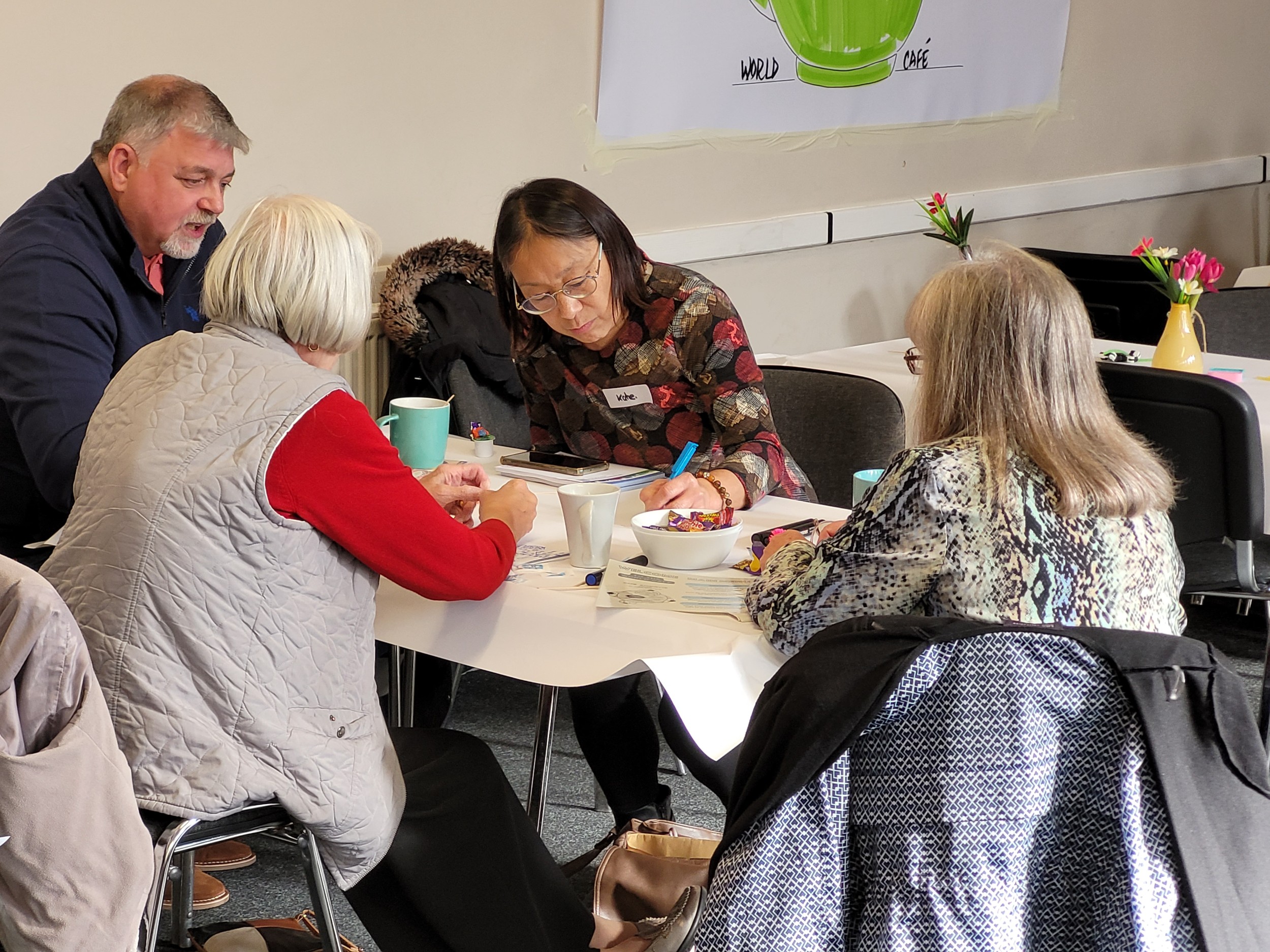Organised by the local NHS in partnership with the four local authorities in the Black Country, the cancer bus tour was an opportunity for local people to meet and talk with a range of clinicians about how to check for symptoms of cancer, the support services available and what to do if they’re concerned.
More than 1100 people attended the cancer bus throughout the week and over 400 people also received health checks, including blood pressure and blood sugar tests, with a number of people signposted to their GP for further investigation.
Attendees were given information on the three main NHS cancer screening programmes of breast, bowel and cervical, including when people will be invited and what's involved in the screening. Macmillan Cancer Support (including Community Connectors) also attended and offered support for people living with and beyond cancer.
Several attendees presented with visible signs and symptoms of cancer and staff on the bus were able to help with fast-track referral appointments to their own GPs. They also received clinical counselling to support them.
Dr Mona Sidhu, Medical Director of Primary Care for the NHS Black Country Integrated Care Board, said: “Early detection is the best form of defence against cancer and it’s vital that people know the signs and symptoms to look out for.
“That's why initiatives like the cancer bus tour are so important. They give us the opportunity to have one-on-one conversations with people who may not realise they are at risk, who may not recognise potential symptoms or may feel unable to act on them or are too fearful to.
“It was fantastic to see so many people come forward so thank you to everyone who paid us a visit. And please remember, if you notice something that isn’t normal for you or isn’t going away, it’s important to speak to your GP. It probably won’t be cancer. But if it is, spotting it early can make a real difference.”


